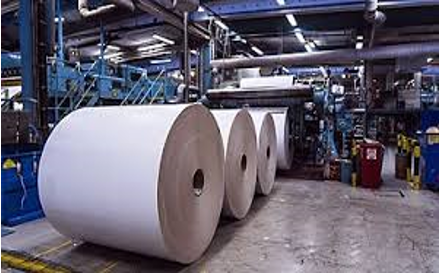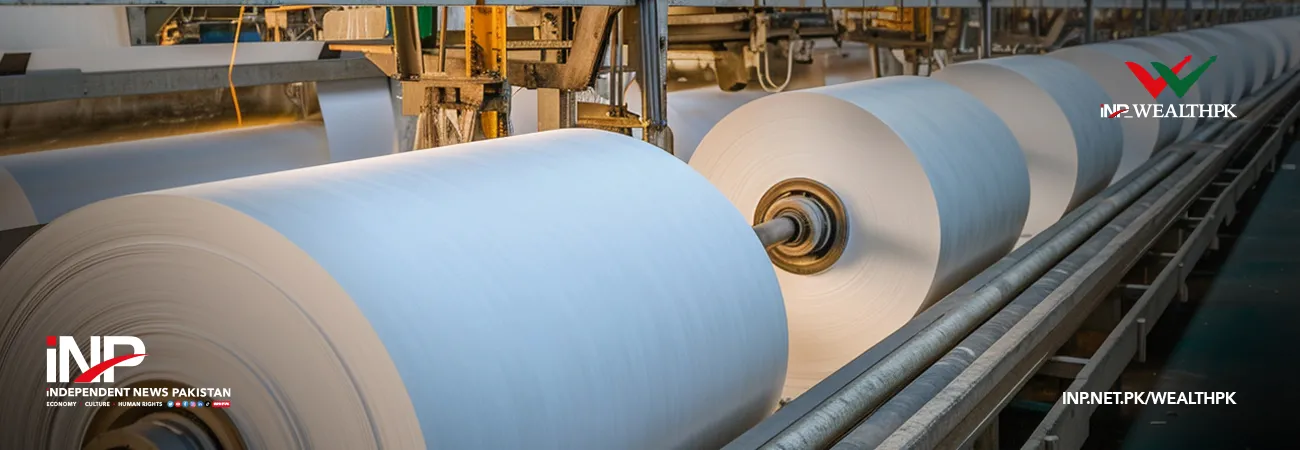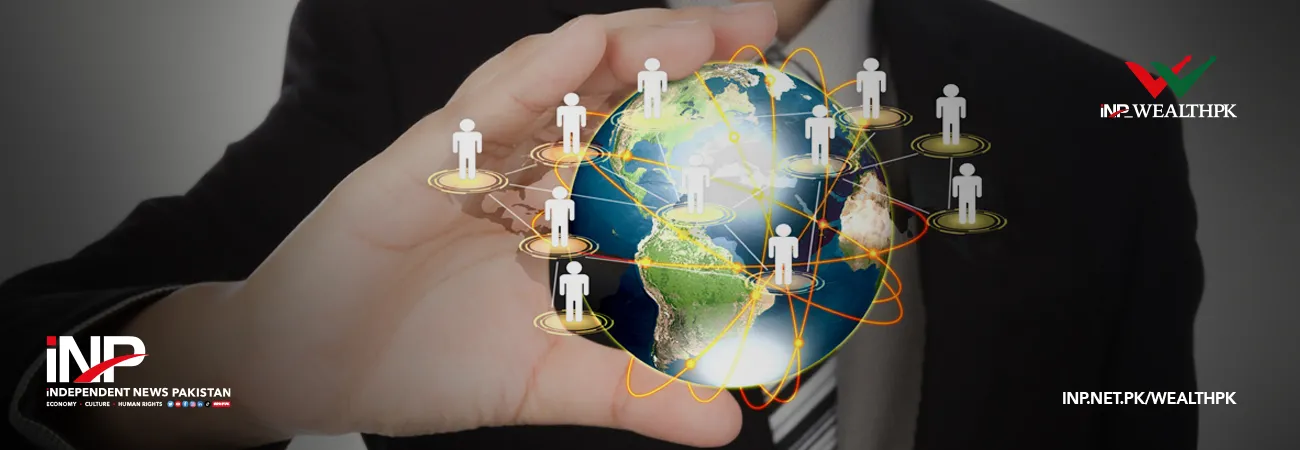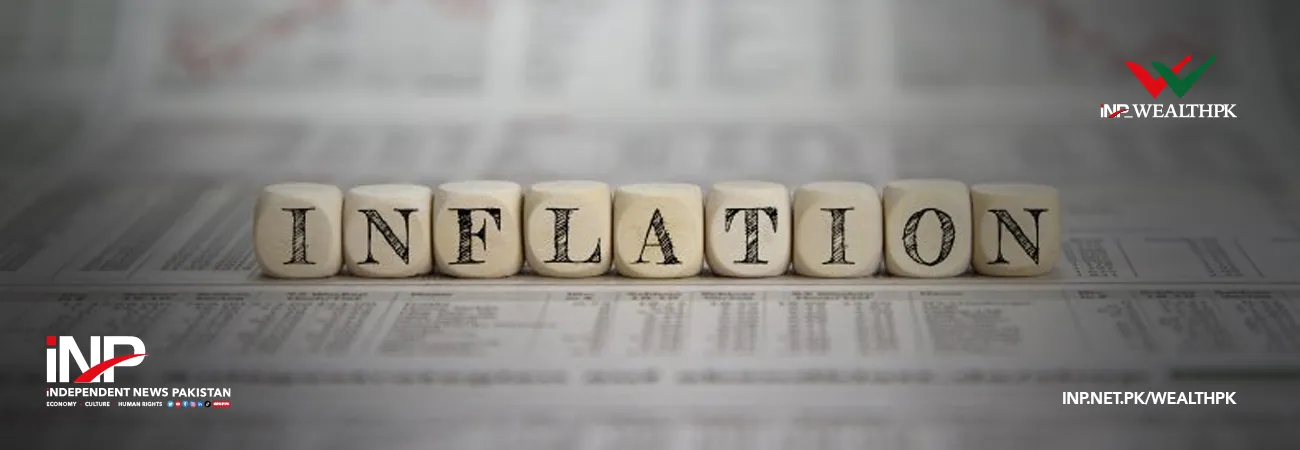INP-WealthPk
Muhammad Luqman
Pakistan has a modest but growing paper recycling industry, primarily concentrated in urban centres such as Lahore, Karachi, Faisalabad, and Sheikhupura. Small and medium-sized recycling units operate in industrial areas, processing waste paper (Raddi) into lower-grade paper used for packaging, cardboard, and school notebooks, reports WealthPK.

The waste paper is collected mostly by the informal sector through “raddiwala” networks involving street pickers and small dealers. Recycling waste paper into new paper involves several steps, including collection and sorting, shredding and pulping, de-inking and cleaning, refining and blending, and sheet formation and finishing. “Pakistan cannot meet the total paper demand only by producing fresh paper from wood pulp and virgin raw material due to the limited forest cover.
Its paper industry has to rely on recycling,” said Zaki Aijaz, chief executive of a paper and packaging factory near Lahore. Talking to WealthPK, he said the total annual paper production in Pakistan stood at 4 million tons, including 1.5 million tons of corrugated paper, 0.5 million tons of writing paper, in addition to tissue paper and other types. “Of this, about three-fourths of the production is recycled.
As repeated recycling makes paper fiber weak, imported waste paper and even pulp are added at the time of recycling to get a better quality paper,” Zaki said. He said alternative fibers should be developed in Pakistan. Besides wheat and paddy straw, sugarcane bagasse and banana peel can be good alternatives,” he said. Zaki suggested that the government should establish a research center for paper raw materials, especially fibers.
However, traders in the paper markets believe that due to the government’s protectionist policies for the paper and pulp sector, the industry is more interested in profiteering and producing low-grade paper. “Pakistani paper mills are not interested in improving the quality of paper in line with the international trends,” Khamis Saeed Butt, Chairman of FPCCI Standing Committee on Paper and Pulp, told WealthPK.
He said a very small quantity of paper, mainly art paper and art cards, is being imported. According to environmentalists, recycling old and torn paper offers significant environmental benefits. “By recycling, we are contributing resource conservation in the form of saving trees, saving water and saving energy,” Dr. Ejaz Ahmad, Senior Research Fellow at the Institute of Urbanism, told WealthPK. He explained that each ton of recycled paper saves around 15-20 trees, as recycling reduces the demand for virgin pulp, which in turn means fewer trees are cut down.
About 45% of printing paper in Pakistan is recycled, which helps save 2.5 tons of CO2 and wood per ton recycled. Dr. Ejaz Ahmad said reducing wood usage directly ties to decreasing the need for imported pulp. “If the informal sector is formalized through better infrastructure and waste segregation, it can enhance pulp supply, cutting down the import bill worth millions of dollars. By embracing this circular economy approach, Pakistan can take a significant step toward a cleaner, greener future,” he said.
“Recycling waste paper into new paper offers Pakistan an opportunity to conserve natural resources, reduce environmental pollution, and foster economic growth through green jobs,” the environmentalist said. He said collective efforts by the government, private sector, and citizens could transform paper recycling into a cornerstone of sustainable development in the country.
Credit: INP-WealthPk













